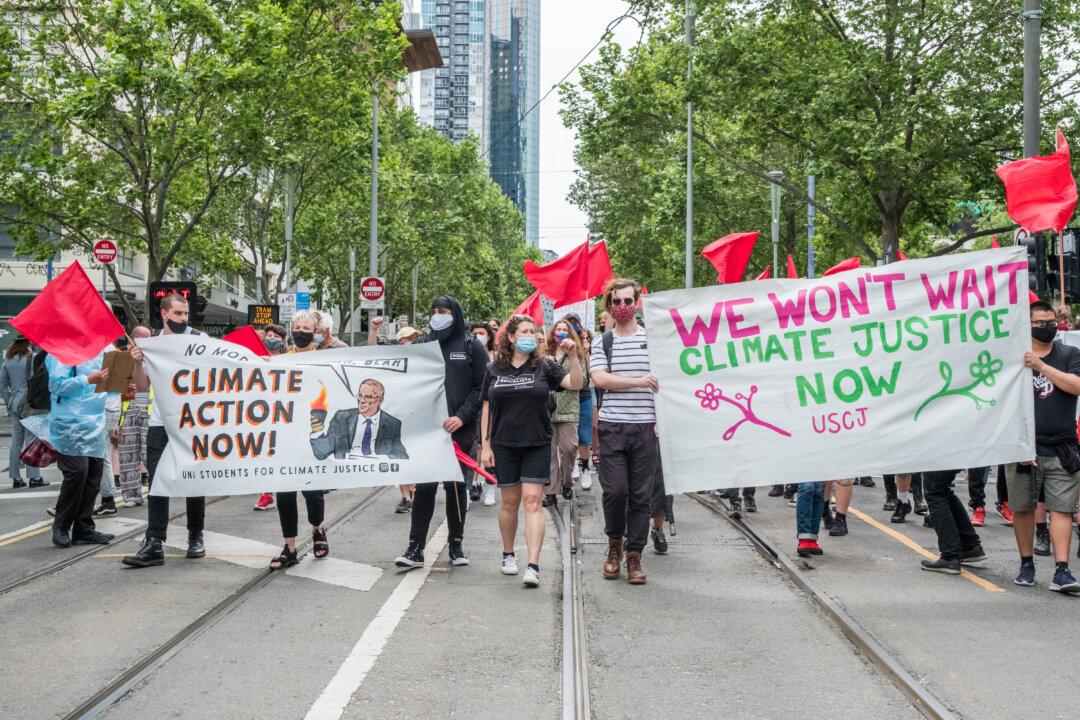Australia’s Climate Change Department has admitted difficulty attributing the effect of carbon emission reduction from Australia to specific changes in the global climate.
During a budget estimate hearing on May 28, representatives from the Climate Change Department were questioned about whether it could demonstrate the quantifiable effects of the policies it implemented to reduce carbon emissions.





